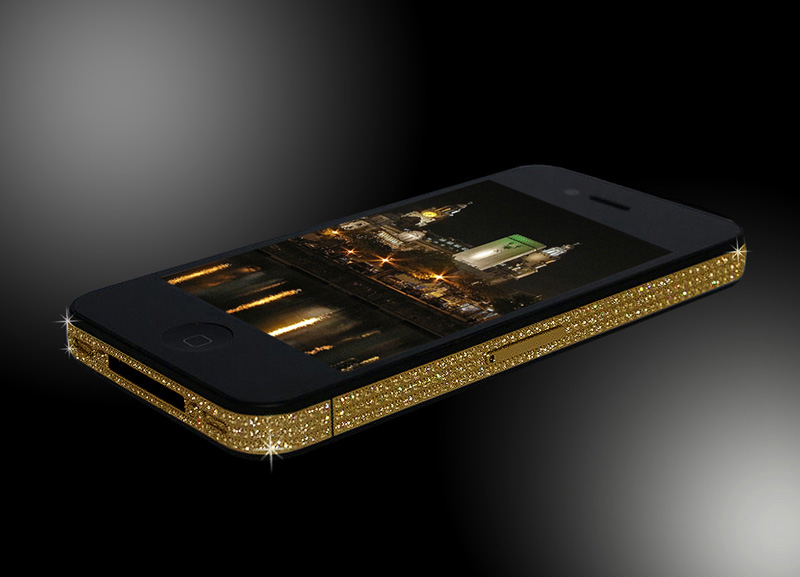
Brands Celebrate Controversy- Free News Event. It’s been a tough year in the news.

TheINQUIRER publishes daily news, reviews on the latest gadgets and devices, and INQdepth articles for tech buffs and hobbyists. News and reviews, with pictures, of games, gadgets, and technology. Ever notice how Christopher Nolan’s movies (Interstellar, Inception, The Prestige) feel like an anxiety attack? Well, maybe that’s overstating things a bit. Funny Comedian Videos Broken Mile (2017).
Archives and past articles from the Philadelphia Inquirer, Philadelphia Daily News, and Philly.com. As many Google users already know, the company bases their suggestions off things people have actually searched for, and sometimes, things can get a bit strange. The classic US stereotype of attempted Iranian ideological indoctrination via chants of “Death to America” and such has been old hat for quite some time. But that’s not the point. We had a completely non-controversial event that captivated the internet like the eclipse since, I dunno, 2015.
White supremacists are committing acts of domestic terrorism. North Korea is threatening nuclear war. Trump is president. Download Whole Absolutely Anything (2017) Movie. How are brands supposed to have fun on social media when all this bad stuff is happening?!
The great American solar eclipse is how. On Monday, brands unleashed a torrent of tweets about the solar eclipse. Most of them features circular products that the specific companies want you to think about when you put on those glossy eclipse glasses and stare up at the sky, as the circular moon slowly obscures the circular sun. Most of the tweets involve moving the circular product in front of the sun, as if it were the moon in a solar eclipse. There’s not a whole lot else a brand can do to celebrate an eclipse, aside from give away some free circular products, which some brands did. But that’s not the point.
We had a completely non- controversial event that captivated the internet like the eclipse since, I dunno, 2. Remember the dress?) Now, a little over halfway through this garbage year, everyone can look up at the sky and enjoy a completely non- political act of natural wonder. This is exactly the kind of fun that brands want to capitalize on, and they might not get the chance to do it again until 2. Without further ado, here are the tweets. They’re mostly predictable, but shit gets good when brands use the eclipse as an excuse to throw shade at their competitors. The last one is the best.
Marvel. White Castle. Outback Steakhouse. Krispy Kreme. Delta. Denny’s. Toblerone (?)Sprint. Waffle House. Cinnabon. Domino’s (featuring Di.
Illinois Wants To Ban Location Tracking Without Consent. It’s increasingly difficult to do anything on your phone nowadays without sharing your geolocation information. Certain Snapchat filters, Facebook status updates, Instagrams, and even text messages are all potentially tied to geolocation data. It’s relatively simple for app developers to build in geolocation functionality—and many services require users to opt- in to sharing location data. But now the state of Illinois wants ensure that all companies extracting geolocation data from individuals must provide an opt- in, or else they’ll have to pay up.
Last week, both houses of the Illinois state legislature passed the Geolocation Privacy Protection Act (HB3. Now, it’s on the desk of Governor Bruce Rauner, waiting to be signed into law. If signed, companies would be required to inform users of how they’re using the location data they collect, if the users decides to share it. Companies who don’t adhere would be in violation of the Consumer Fraud and Deceptive Business Practices Act and would face criminal penalties and damages of at least $1,0. There are a few exceptions to the law. For instance, private entities can collect geolocation data without consent if the information will help parents find missing children or aid firefighters, police, or medical professionals. The new law might not have a huge real- world impact, given that most devices and apps already ask people for permission before they start using location data.
But this might encourage more tech companies and app developers to give users the option to opt out of being tracked. There have been plenty of times in the past when companies have faced repercussions for tracking users without their consent. For instance, Apple and Uber have been sued for allegedly tracking un- notified users. Ari Scharg, director of the Digital Privacy Alliance (DPA), told Gizmodo that the organization has done reports on the apps Selfie. Rate Selfie Pic Hot Or Not, which give developers precise GPS coordinates whenever a person uploads a photo.“When a person is just browsing through the photos to rate them, if they were intercepting the backend traffic, they would be able to get the GPS coordinates of each person they viewed,” Scharg said. The state’s Biometric Information Privacy Act prohibits tech companies from using biometric identifiers—like face scans and fingerprints—without consent. Their Right To Know Act—which passed in May, but was put on hold—requires companies such as Facebook, Amazon, and Google to disclose what data has been collected from consumers and shared with third parties.